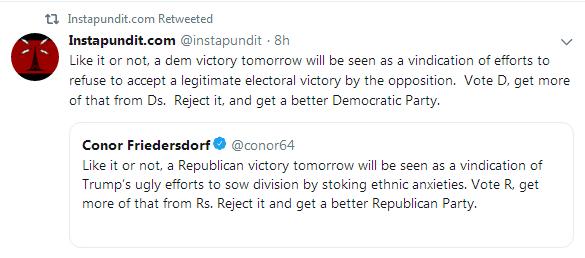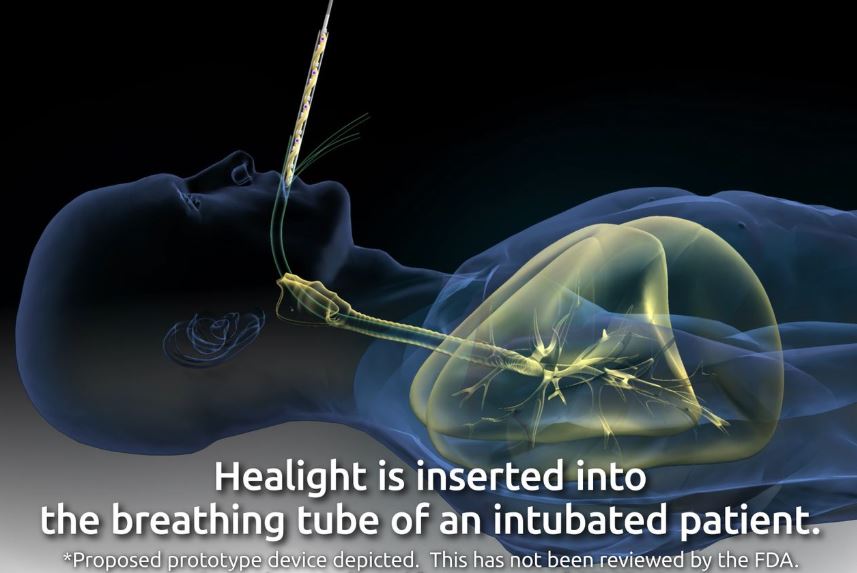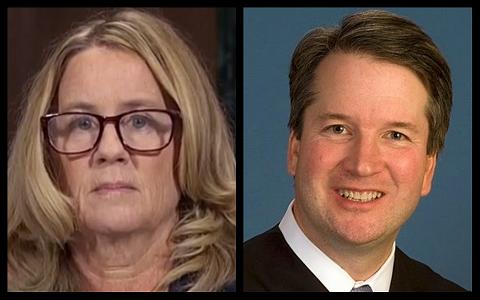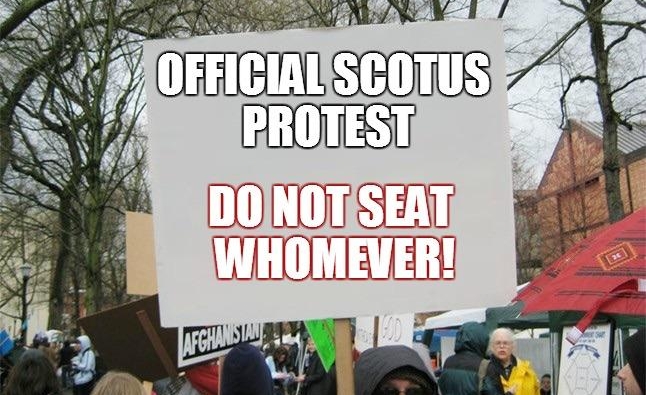How are you voting today? I don’t mean to ask who anyone is voting for, or even why. I’m just wondering whether we are voting with an energy of hate, or an energy of love, or if we’re voting out of a hate that feels like love?
Or are we casting our votes in fear?
We know “perfect love casts out fear” (1 John 4:18) But how do we know whether we are heading to the polls in a state of “perfect love”? I’d bet few of us are, because we are so divided, so confounded by the choices before us, that who knows what measure of our actions are driven by real love, or by a hatred we so cling to, and so value, that it feels like love to us? A hate that feels like love is likely rooted in some kind of fear.
Hatred,” says psychologist Robert Enright, “has a long shelf life. Once it enters into the human heart, it’s hard to get it out. It breeds destruction, discouragement, and hopelessness.”
If It Feels Good Do It
Enright hails from the University of Wisconsin, in the so-called “liberal enclave” of Madison, where a few years ago demonstrations by members of public employee unions against the elected governor put some vivid moments of hatred on view. A reporter on a cable news show who covered the story remarked to the anchor that one female protestor, “Was giving me the business yesterday, and [said] she hates me because it makes her feel good.” [Emphasis mine.]
Anyone who has ever been targeted by a pack of bullies understands what the protester meant. Venting hatred, especially under the righteous cover of a “cause,” gives one a sense of belonging and purpose and—quite unlike love—it does so in an expeditious and rather painless way. Mob-supported hatred removes openness from the social equation, and that in turn takes away vulnerability, leaving one with a powerful sense of communal well-being that can serve as a reasonable facsimile of being loved by others. One loves one’s hate because it makes one feel beloved.
On the surface, attaching oneself to a hate-collective seems a safe way to belong. One feels invited to the party; one no longer has to think for oneself, or worry about individual appearances or instincts. To continue to fit-in, to feel as if you were truly loved, all one needs to do is continue to hate—and that not even willingly.
This hate that feels like wide-open love is paradoxically limiting and self-defeating. Once hatred has become one’s social vehicle of choice, the travel options become limited: either stay the course and wear the peripheral blinders or attempt to break free and risk the very real possibility of being altogether ditched.
Regardless of whether one hates a Republican governor or a pro-abortion president or Hollywood or “fundamentalism” or “the system” or even a sports team, if one’s sense of belonging depends on hatred, then second-thoughts will flee and stagnation will follow. The only way to re-energize and to delay the inevitable endgame described by Enright as “destruction, discouragement, and hopelessness” is to find a new hate to love.
In the hate-collective there must always be an Emmanuel Goldstein in order for love to feel fresh and new.
The most insidious part of any hate-collective is how easily one can slip into its influence through the simple error of attaching real but disproportionate feelings of love onto things which are often illusory and ultimately temporary. I love my politics so much that I must hate you for your policies; I love my church so much that I must hate you for not loving it as intensely; I love the promise of my pension plan so much that I must hate you for pointing out that it is unsustainable; I love my opinions so much that I must not allow you to have opinions of your own.
Hatred is a twisting perversion of paradoxes wherein one can claim a love for God so fervent that it justifies hating another, even as God hates your hate, because it has been born of the absolute idol one has made out of one’s professed love.
The Thin Line is Real
A few years ago a university study confirmed the old adage that there is “a thin line between love and hate.” It seems that the same brain circuitry is involved in feeling both emotions, the major difference being that with feelings of love a large part of the of the cerebral cortex shuts down, along with judgment and reasoning abilities. With hate, much of the cortex remains open.
This makes perfect sense, in a way. We can always give a million reasons justifying our hate to others, but our love? Often we cannot explain our love at all, except as an open and full-hearted mystery, just like the unfathomable mysteries of God, redemption and mercy.
This study also helps explain why unreasonable love can so often tumble into hate, and why hatred, once engaged by reason, finds it so difficult to break freely into love.
It is that thin, thin line between love and hate that can so confuse our sensibilities, and thrust us so far apart from each other, and perhaps ourselves.
So, if you are inclined to vote today, go to it (or, if you are disinclined, do not. This is America and one is still free, or should be free, to decline without fear of intimidation or reprisal). But for the sake of your soul, do say a prayer first; ask your Guardian Angel to help you discern whether you are voting out of love, or out of a hate that has begun to feel like love but is really something full of fear.
Vote! But Figure Out Your Fear Factor
Fear is a great Get-Out-The-Vote motivator, and politicians use fear for exactly that reason. In 2012 Joe Biden told a group of African Americans that the GOP ticket “is going to put you back in chains”. In 2018, Donald Trump tells crowds that a migrant caravan out of Central America is secretly filled with Middle Eastern terrorist extremists.
Fear is rarely an aid to good decision-making. People marry the wrong person due to fear of being alone. People abort their children out of fear of all the change a child necessarily brings into one’s life.
I’m not telling anyone how to vote or not vote — by all means let us each vote our conscience as we plan to. I’m just suggesting that after voting it wouldn’t be a bad thing if we, all of us, spent some time (before the exit polls take all of our attention), in doing a little soul-searching about what is behind our votes — fear or imperfect love or genuine hate — and then consider working on ourselves, so that next election our votes won’t feel like they’ve come down to this:

Main Image: Tony Webster, Flickr-cc
Portions of this piece were first published online in 2011.



0 Comments